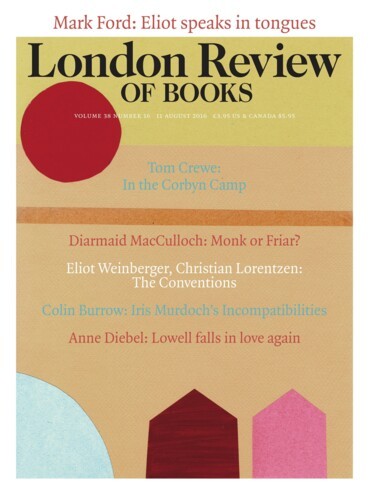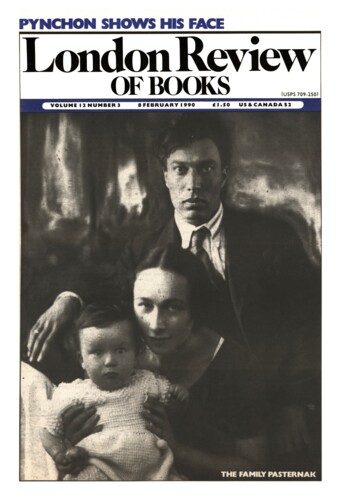For all of glasnost’s successes in pushing back the bounds of the permissible and in opening up new ways of speaking, there are some matters that seem automatically to elicit the vaguest, most arcane terminology. The ‘Jewish Question’ is one of them, and as soon as the subject is raised one hears talk of ‘qualities’ and ‘essences’, of a person’s ‘spirit’ and a nation’s ‘soul’. That this should be so is often attributed to the supposedly religious roots of Russian and, later, Soviet perceptions of the Jews. In short, it is said that in Russia, unlike most Western European countries, the notion that Jewry is essentially antagonistic to Christendom was carried on into modern times, and despite assuming secular forms, still shapes the ways in which Jews are talked about. Andrei Sakharov intimated as much when he remarked, on the occasion of the Sharansky trial, that in the Soviet Union ‘anti-semitism has been raised to the level of a state religion in a godless state.’
For all of glasnost’s successes in pushing back the bounds of the permissible and in opening up new ways of speaking, there are some matters that seem automatically to elicit the vaguest,...


